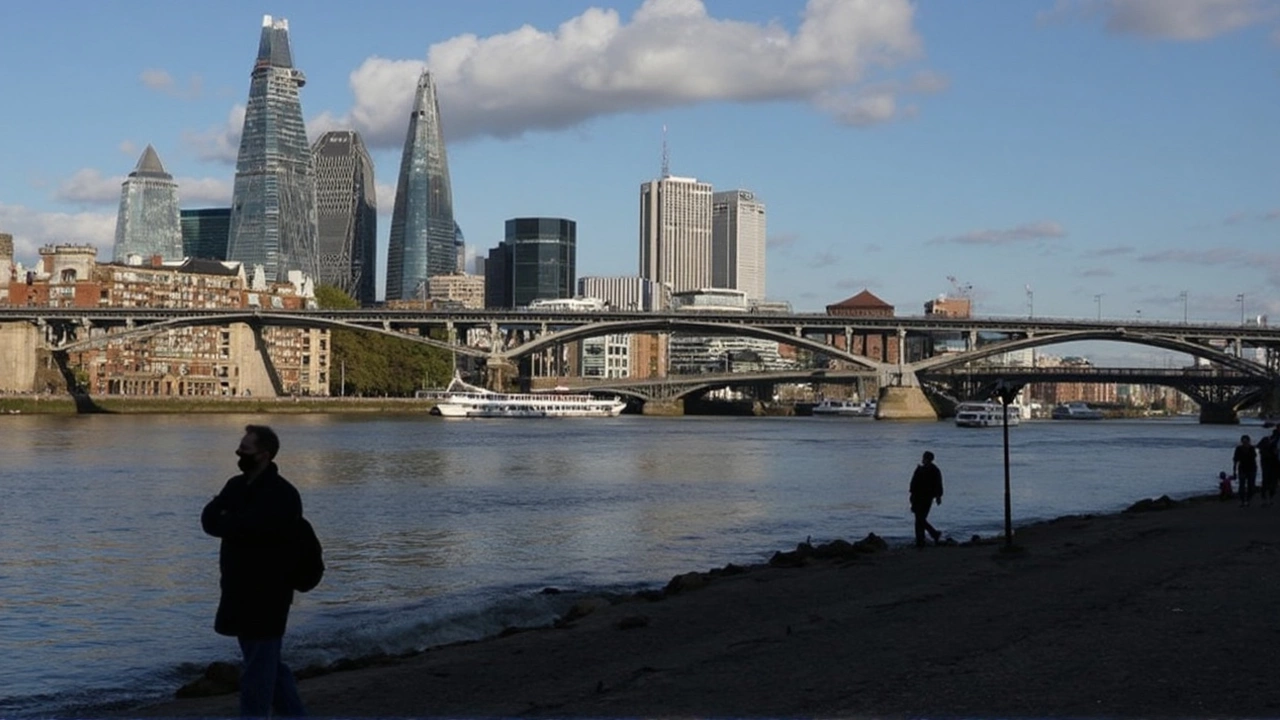The UK government has officially approved a major Thames Tunnel road project, estimated at a whopping $13 billion, that aims to transform transportation infrastructure and invigorate the economy. Slated to be one of the most significant infrastructure investments in recent memory, this project centers on constructing the UK’s longest road tunnels beneath the River Thames, spanning an impressive 14.5 miles in total. The plan is spearheaded by Transport Secretary Heidi Alexander, who recognizes it as a pivotal route designed to alleviate the notorious congestion at the Dartford Crossing — a site infamous for its heavy traffic jams.
The Lower Thames Crossing, as it's officially called, features two 2.6-mile tunnels under the river, strategically intended to nearly double the road capacity to the east of London. By diverting approximately 13 million vehicles annually, the project is expected to significantly reduce travel delays and enhance freight logistics, providing a smoother transit experience for countless commuters and transporters.
Environmental and Economic Balance
With construction anticipated to commence between 2026 and early 2027, the ambitious project is expected to reach completion by the early 2030s. National Highways predicts that the crossing will inject around £200 million into the economy each year, not only driving local employment opportunities but also fostering regional economic growth.
The project is mindful of the UK's environmental ambitions as well. Incorporating eco-friendly practices, such as the use of hydrogen-powered machinery, the development aligns with the UK's net-zero carbon emissions targets, setting a benchmark for sustainable infrastructure projects. Funding for this venture is still being fine-tuned, with discussions exploring a mix of government spending and private investment models, aiming to create a balanced financial approach.
While supporters are optimistic about the job creation and the increased efficiency in transportation, the grand-scale development has its share of critics. Environmentalists voice concerns regarding potential pollution and the adverse impact of construction activities. Local communities, too, have expressed worries about prolonged roadworks and possible surges in traffic, causing National Highways to stress their commitment to community engagement and crafting strategies to mitigate these concerns.
This synthesis of ambitious growth and eco-conscious practices reflects a broader narrative within the UK—embracing progress while striving for sustainability. Whether it becomes a template for future projects will be keenly watched.
